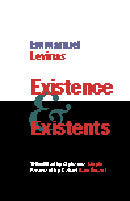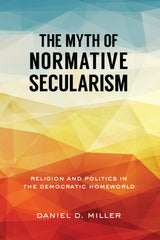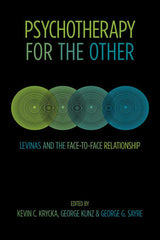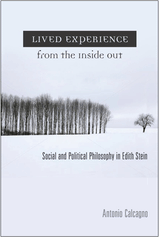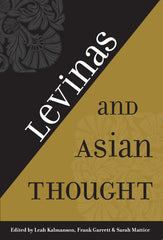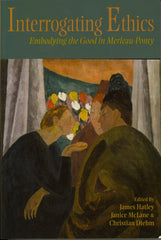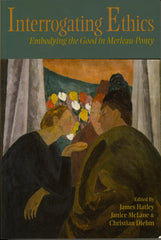Existence and Existents
Emmanuel Levinas $20.00Published in 2001 | 140 pages | paper | ISBN: 978-0-8207-0319-0
Book Information:
As Emmanuel Levinas states in the preface to Existence and Existents, “this study is a preparatory one. It examines . . . the problem of the Good, time, and the relationship with the other [person] as a movement toward the Good.” First published in 1947, and written mostly during Levinas's imprisonment during World War II, this work provides the first sketch of his mature thought⎯later developed fully in Totality and Infinity and Otherwise than Being, or Beyond Essence. This new edition marks the first time this important work has been made available in an inexpensive paperback edition. Levinas's project in Existence and Existents is to move from anonymous existence to the emergence of subjectivity; to subjectivity's practice, theory and morality; to its encounter with the alterity of the other person. He is concerned here primarily with the time of the solitary subject; time is the inner structure of subjectivity, of the movement of existing. “Levinas's work,” says Alphonso Lingis, “contains not only wholly new analyses of the forms of time⎯of the present, the past, the future⎯but also a new conception of the work of time.” Beginning with Existence and Existents, then, it is possible to begin tracing the progressive “alterization” of time as it unfolds across the development of Levinas's entire philosophy. As a “preparatory” study, Existence and Existents introduces the major themes and concerns that occupied Levinas throughout his career. This is essential reading for understanding both Levinas's own philosophy and the developments in philosophical thought in the twentieth century.
Author Information:
EMMANUEL LEVINAS, a major voice in twentieth century philosophical thought, died in late 1995. After studying under Edmund Husserl and Martin Heidegger in the late 1920s, Levinas went on to develop a philosophical system that placed ethics at its center. His writings have influenced several generations of French philosophers, including Jacques Derrida, and have won him an admiring audience among theologians.

